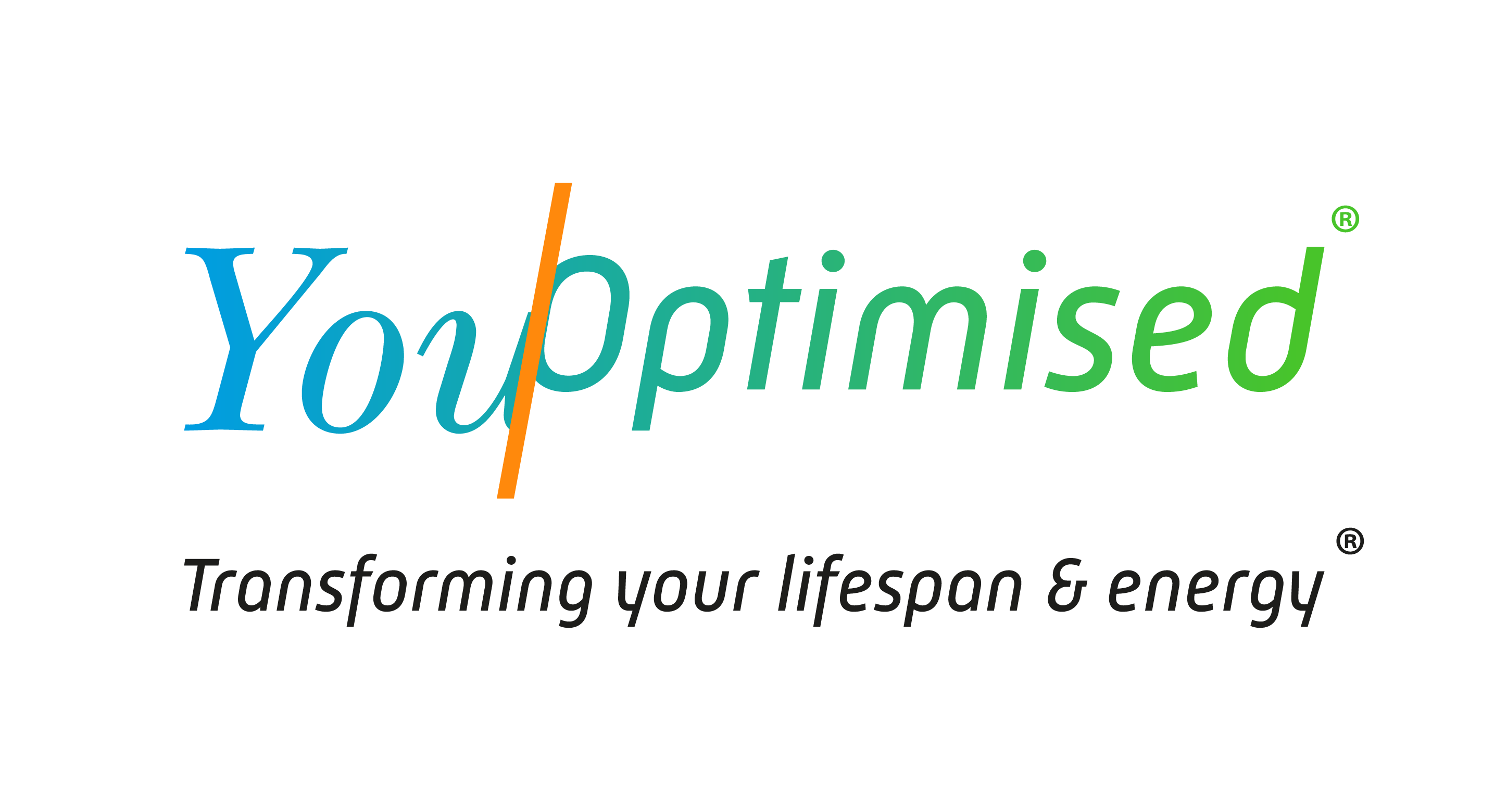In the multifaceted world of human health, few aspects are as fascinating and complex as the interaction between our lifestyle habits and the expression of our genes. Recent research has shed light on stress management’s profound influence on our genetic makeup. According to Dr. Michael Roizen, how you deal with stress may alter the functioning of more than 250 genes.
“Epigenetics” is a term that you may have come across, and it is integral to understanding this process. Epigenetics refers to changes in gene expression that do not involve alterations to the underlying DNA sequence. Epigenetic changes can switch genes on or off, altering their function and response to the environment.
Stress is one environmental factor that can prompt these epigenetic changes. The hormones that our bodies release under stress, such as cortisol, can trigger a cascade of responses throughout our systems, right down to the level of our DNA.
If left unchecked, chronic stress can activate or deactivate various genes associated with inflammation, immune response, mental health disorders, and even some types of cancer. However, this isn’t a one-way street. Our actions and habits can significantly influence this relationship.
Regular exercise, a balanced diet, meditation, quality sleep, and healthy social connections can all contribute to better stress management and, consequently, more favourable gene expression patterns. Mindfulness techniques, for example, have been shown to modify the expression of genes related to inflammation and cell death.
The power of positive stress management is two-fold. Firstly, it can help regulate chronic stress’s harmful effects on our bodies and minds. Secondly, it can also switch on or activate genes that benefit our health and well-being.
This concept underscores the importance of a holistic and preventative approach to health. It’s not merely about treating illnesses and symptoms; it’s about shaping our lifestyles and habits to promote optimal genetic functioning. So next time you’re feeling overwhelmed, remember – taking a moment to breathe deeply or going for a brisk walk could do more than calm your nerves. You could be influencing your genetic health, too.
Our understanding of epigenetics and gene expression continues to grow, opening up new possibilities for health interventions. It underscores the inherent connectivity between our behaviours, environment, and genetic health. We are not merely the product of our genes; we also have the power to influence them, and managing stress effectively is a crucial part of that journey.

